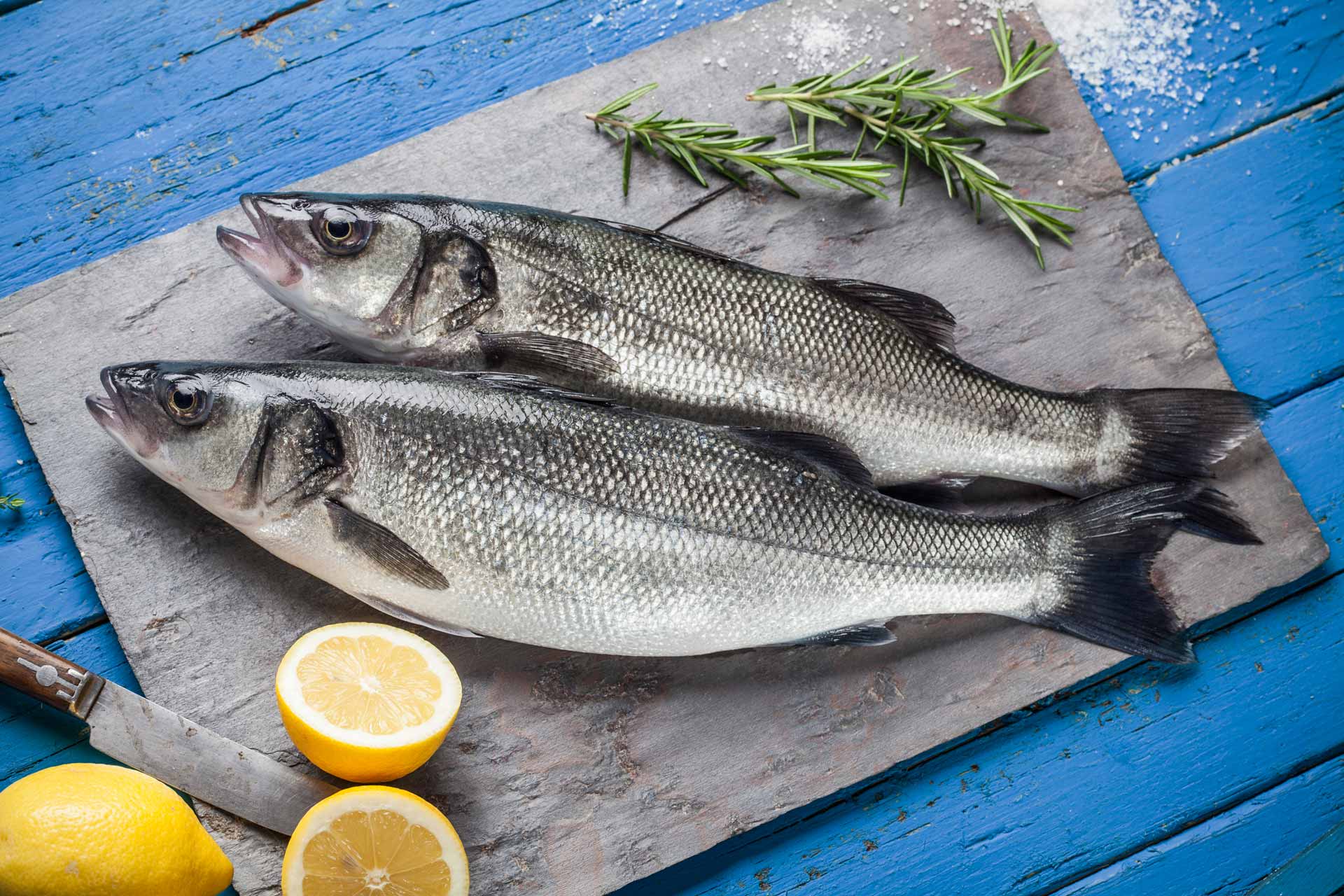
Organic fish refers to fish that are raised and harvested according to organic farming standards. These standards typically emphasize sustainable practices, including the fish’s diet, living conditions, and environmental impact. Key aspects of organic fish farming include:
- Feeding: Fish must be fed organic feed, which means it does not contain synthetic additives or genetically modified organisms (GMOs). The feed is often derived from organic plant sources and must comply with specific nutritional requirements.
- Living Conditions: Organic fish are raised in environments that allow for natural behaviors and adequate space. This is intended to reduce stress and promote the health of the fish.
- Health Management: The use of antibiotics and synthetic chemicals is limited in organic fish farming. Farmers typically rely on natural methods for disease management and prevention.
- Environmental Practices: Organic fish farming aims to minimize negative impacts on the surrounding ecosystem. This includes managing waste, preserving water quality, and avoiding the overuse of resources.
- Certification: To be labeled as organic, fish must be certified by recognized organic certifying bodies, ensuring that they meet specific standards throughout their life cycle.
Overall, organic fish production seeks to provide a more environmentally friendly and sustainable option compared to traditional fish farming methods.


